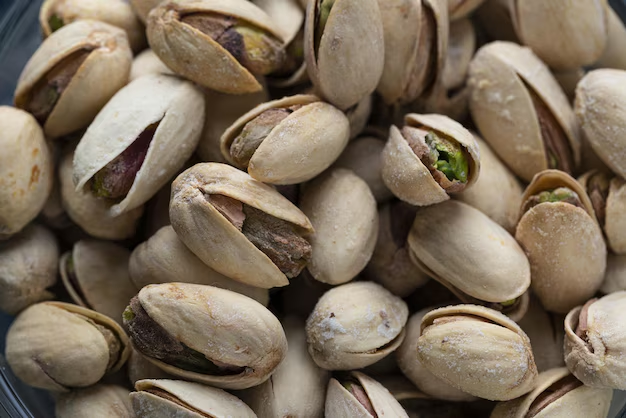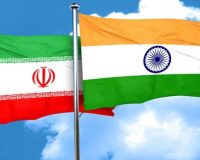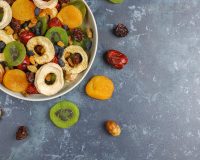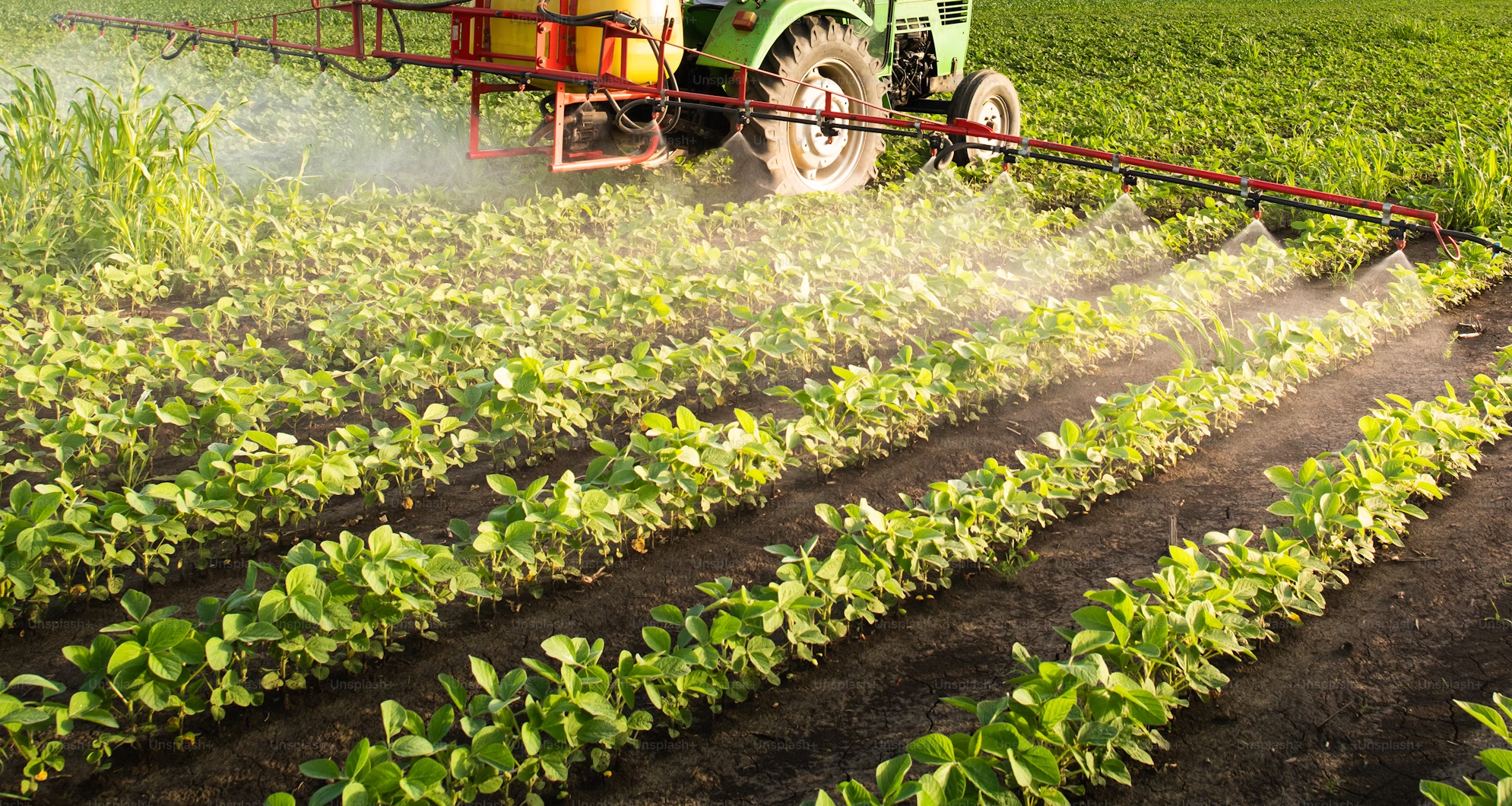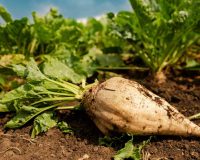Arslan Qasemi reported that the production and exports of pasta were halved last year due to drought, frost and heat, and said that in addition to the production problems, there are also export barriers, the most important of which is the policy of removing the currency obligation.
به گزارش پایگاه خبری صنعت غذا و کشاورزی(اگروفودنیوز)، به نقل از صداوسیما، رئیس کمیسیون کشاورزی اتاق تعاون ایران گفت: سال گذشته به دلیل خشکسالی، سرمازدگی و گرمازدگی تولید و صادرات پسته تقریبا نصف شد. چراکه بیش از ۹۰ درصد پسته تولیدی استان کرمان از بین رفت.
Arslan Qasemi added: "It's natural that when Iranian exporters can't supply goods, they turn to other countries". In Iran, if one country doesn't provide the market, we go to other countries, and that's the norm.
The head of the Agriculture Commission of the Iranian Chamber of Cooperation said: "Export barriers fall into two general categories: production and export barriers". In the case of the first category, if there is no production, there is no export. But the most important obstacle in the second category, which stands in the way of agricultural commodities in general and postal commodities in particular, is the central bank's misguided policy in the currency commitment sector.
Qasemi continued: "The exporter has to get its currency from the free market, but sell the currency from its exports at a lower rate to the central bank, which is one of the most important barriers to exports". The second is poor economic diplomacy. In fact, in different markets, we need a strong presence and diplomacy in different markets, which we're not seeing happening right now. Iran's export competitors in the postal sector, which are the United States and Turkey, are doing a good job of this diplomacy, but Iran is weak in this area.
According to customs statistics, last year, more than 56,298 tons of pistachios and pistachio nuts worth more than $405.44 million were exported to 57 different countries. It has declined by about 58.4 percent in weight and 55.7 percent in dollar value since 1400.

